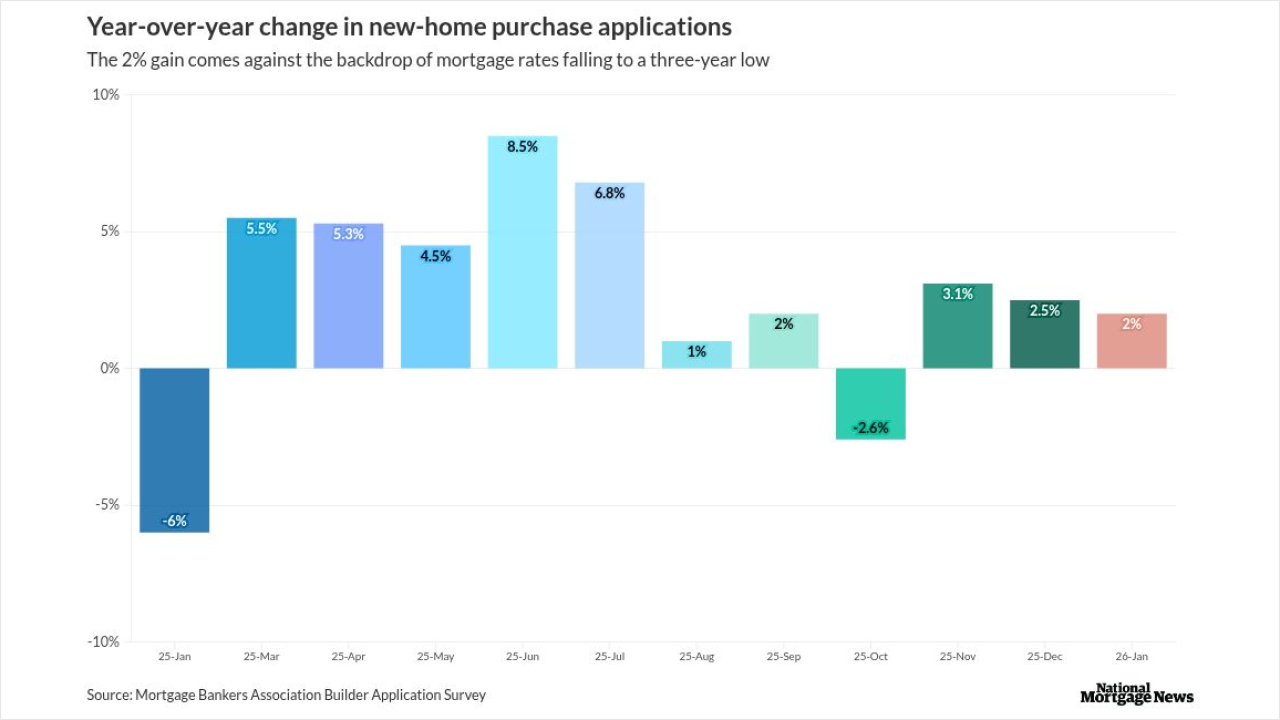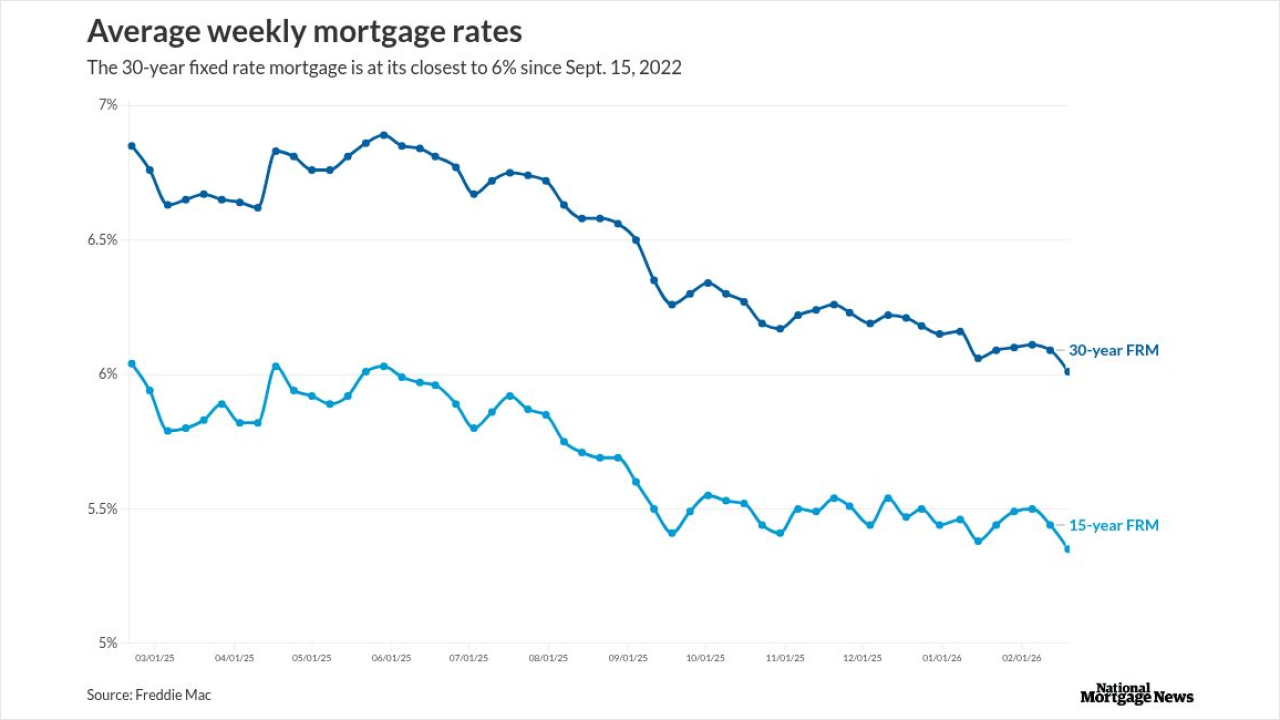Tailoring existing collateralized loan obligations (CLOs) to comply with restrictions imposed by the Volcker Rule will create winners and losers, according to Fitch Ratings.
Volcker affects CLOs primarily by prohibiting banks from having an ownership interest in those deals that invest in bonds. It has historically been common practice to include bonds, which are higher yielding than loans, in CLOs as a way to plump returns.
The Federal Reserve has given banks until July 2017, in most cases, to conform their CLO holdings to Volcker. In most cases, banks hold the senior-most classes of debt issued by CLOs, which confer some ownership rights. However, CLOs managers cannot amend the investment criteria of these deals to exclude bonds without the consent of the holders of the junior-most securities, known as the equity. Many of the CLOs that have already been "Volckerized" were able to do so
“[CLOs] that amend sooner than others may improve managers’ relationships with their key investors,” Fitch said in a report published today. These deals could also see improved liquidity in the secondary market.
But others may suffer, especially those CLOs that have been “heavily sold into the secondary market or where bond investments are important to the CLO manager’s investment thesis,” the report stated.
In Fitch’s view, "Volckerizing" CLos wouldn’t hurt the creditworthiness of the transaction as the indentures allow for other higher yielding assets, such as second-lien loans.
Fitch also said that the process of Volckerization might accelerate now that the Office of the Comptroller of the Currency has released procedures for determining which investments at banks are subject to the rule.
U.S. banks hold roughly $70 billion of CLO debt.





